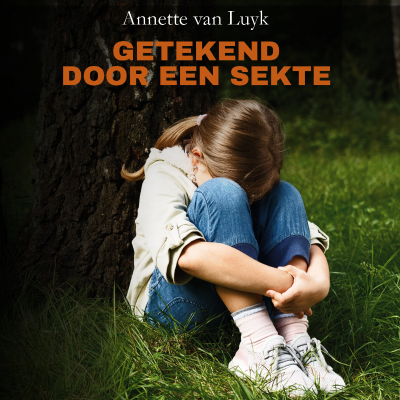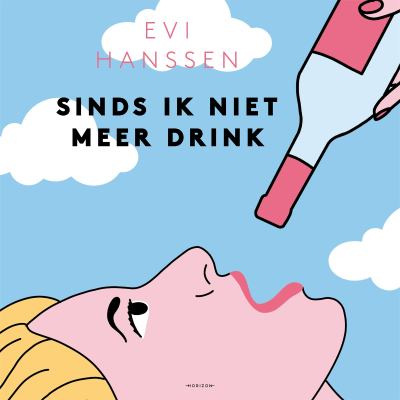
Deeper Dive Thailand
Engels
Nieuws & Politiek
Tijdelijke aanbieding
2 maanden voor € 1
Daarna € 9,99 / maandElk moment opzegbaar.
- 20 uur luisterboeken / maand
- Podcasts die je alleen op Podimo hoort
- Gratis podcasts
Over Deeper Dive Thailand
A look beneath the surface of Thailand's big issues. To watch the video version, go to https://bit.ly/44k0NzV
Alle afleveringen
16 afleveringenExpat income tax
If you stay more than 180 days in any calendar year in Thailand, you are considered a Thai tax resident, and since the beginning of 2024, any money you remit, or bring into the country, is assessable for income tax. But what counts as a remittance – does it include ATM withdrawals and credit card purchases? Are certain income types, such as government pensions, exempt? If you have money saved overseas before 2024, can you transfer it tax-free now? Are remittances from joint accounts or family transfers taxable? How do Double Tax Agreements work for expats living in Thailand? Can Thai authorities see your overseas bank accounts or investments? And do digital nomads on the Destination Thailand visa need to file Thai tax returns? To answer those questions and more, Dave Kendall is joined by Carl Turner, Co-founder of Expat Tax Thailand [https://www.expattaxthailand.com/], and Sarawoot Intapanom, the firm's Strategic Government Advisor.
Roots of the Thai-Cambodian border conflict
The long-simmering conflict between Thailand and Cambodia over the demarcation of their 817km border has exploded in 2025, with batteries of air strikes and heavy artillery that have killed more than 40 people and displaced hundreds of thousands. But what are the root causes of the conflict? In this epic edition of Bangkok Post’s “Deeper Dive” podcast, Thitinan Pongsudhirak, Professor of International Relations at the Faculty of Political Science at Chulalongkorn University in Bangkok, explains that the resentments date back a thousand years, the disputed border is a coloniallegacy and the hostilities are intertwined with both Thai and Cambodian domestic politics.
Legalising casinos in Thailand
Casinos polarise opinion. They’re legal in parts of north America and Europe but mostly illegal in the Middle East, South Asia and Southeast Asia – including Thailand. But that could be changing. The legalisation of casinos is part of the Entertainment Complex bill in the Thai parliament. The draft bill states that a casino can take no more than 10% of an integrated complex that also includes components such as a hotel, a shoppingmall, an amusement park, bars and restaurants. These complexes must be in specific tourist zones such as Bangkok, Pattaya, Phuket and Chiang Mai. For Thai nationals, access to the casino is heavily restricted, with possible requirements to pay a 5,000 baht entrance fee and prove bank deposits of up to 50 million baht. Earnings are subject to a 17% tax and there would be strict screening, monitoring and oversight to prevent crimes such as money laundering. Advocates say these family-friendly complexes can significantly raise revenues from tourism spending, providing a new reason for visitors to enter the country. Thedisadvantages, opponents say, are a likely increase in crime and gambling addiction, and even general moral decay. On this episode of Deeper Dive, Dave Kendall speaks with an expert in the field of building entertainment complexes with casinos in countries where they were previously illegal: Bo Bernhard, Vice President of Economic Development at the University of Nevada, Las Vegas.
US aid cuts: how Thailand is affected
US President Donald Trump has cut off mostof America’s foreign aid programmes, directly affecting Thailand and its neighbours. The affected projects range from hospitals and refugee support to earthquake relief and clean energy, and people have already died as a result.Which projects have been shut down, how is the humanitarian community coping and what hope is there for the future? Dave Kendall speaks to Phil Robertson, the former deputy Asia director of Human Rights Watch and the current Director of Asia Human Rights and Labor Advocates Consultancy.
Vaping: Safer than smoking?
Over the past 20 years, fewer than one hundred people have died from vaping, while more than one hundred million people have died from smoking regular cigarettes. InThailand, the tobacco death toll is 71,000 people each year, and from vaping – zero. So why are cigarettes available in every convenience store, while e-cigarettes are banned? In this Deeper Dive Thailand, Dave Kendall is joined by Asa Saligupta, president of Ends Cigarette Smoking Thailand, to help answer the following questions: What are the health risks from vaping versus combustible cigarettes? Since e-cigarettes have only been around since 2004, how likely is it that they’ll cause disease as vapers get older? How effective is vaping to get people either toquit or avoid smoking for good? How likely is that people will get addicted to nicotine from vapes and then transition to cigarettes? Should tobacco-flavoured e-liquid be treated differently from candy flavours specifically marketed to children? If e-cigarettes are much safer than tobacco cigarettes, andmany smokers would have switched to vaping if it was legal, what is the likely death toll from Thailand’s ban? And finally: Among the hundreds of millions of foreign tourists since 2015, how many vapers may have switched back to cigarettes during their stay here and will eventually die as a result?
Kies je abonnement
Tijdelijke aanbieding
Premium
20 uur aan luisterboeken
Podcasts die je alleen op Podimo hoort
Gratis podcasts
Elk moment opzegbaar
2 maanden voor € 1
Daarna € 9,99 / maand
Premium Plus
Onbeperkt luisterboeken
Podcasts die je alleen op Podimo hoort
Gratis podcasts
Elk moment opzegbaar
Probeer 30 dagen gratis
Daarna € 11,99 / maand
2 maanden voor € 1. Daarna € 9,99 / maand. Elk moment opzegbaar.















































